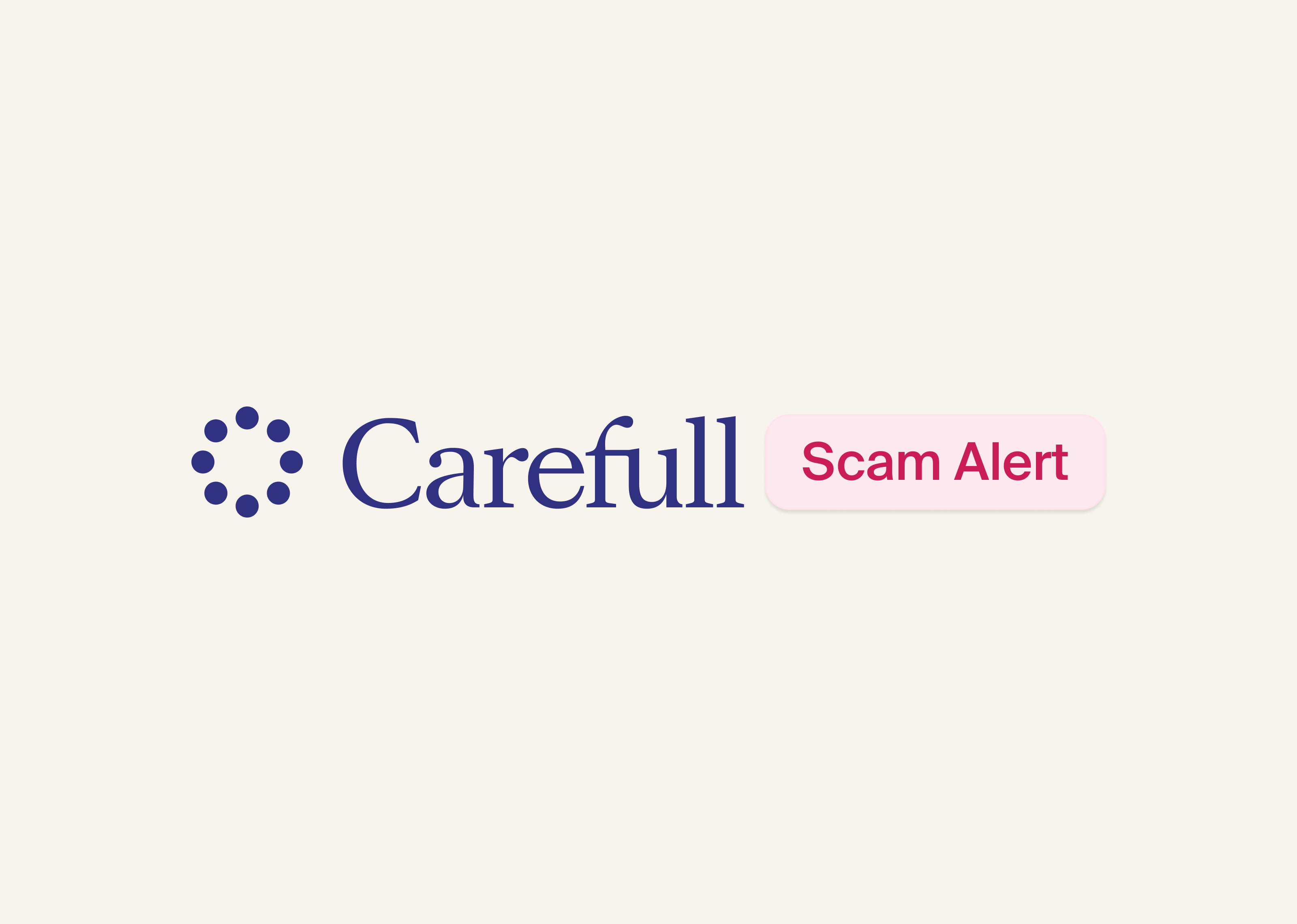Steer Clear of Voter Registration Text Scams

If you get a text message prompting you to check your voter registration status, don’t respond. It’s a scam.
Elections officials in several states have received reports of these scam text messages and are warning residents not to click on links in the messages. Here’s what to know about this scheme targeting voters this election season and how to avoid it.
How voter registration text scams work
This scam begins with a text message asking you to check your voter registration status. It might claim that your registration status needs to be confirmed or updated. Or the text might offer a quick way to register to vote.
The aim is to get you to click on a link in the message. Then, you’ll be directed to a site to enter your personal information, such as Social Security number, driver’s license number and birth date—which could be used to steal your identity. Clicking on the link also could install malware on your device, according to some warnings from elections officials.
Other election scams
In addition to voter registration scams, you also should be on the lookout for fake surveys and political donation scams.
Scammers might reach out by phone, email or text message and ask you to take part in a political survey, according to the National Association of Secretaries of State. These fake pollsters will attempt to get you to share personal or financial information or offer compensation for your participation but ask you to buy a gift card and share the number to pay shipping or processing fees for your prize.
Political donation scammers will contact you out of the blue and pressure you to make a donation on the spot. They might ask for payments to be made by gift card, wire transfer, cryptocurrency or a payment app such as Zelle.
How to avoid voter registration and election scams
Expect election-related scams to increase as November approaches. So take these steps to avoid handing over your personal information or money to thieves.
- Don’t respond to unsolicited text messages, calls or emails asking you to check your voter registration status. To register to vote or check your status, contact your county clerk’s office or elections office. The National Association of Secretaries of State has a directory of state elections offices.
- Don’t provide your personal information, such as your Social Security number or birth date, if anyone contacts you asking you to take a political survey or check your voter registration status.
- Don’t respond to donation requests without first researching the organization that is asking for money. The safest way to donate is to call campaign headquarters for the candidate you want to support or to visit the candidate’s official website. And make payments by check or credit card, not cash, to have a record of your donation.
If you believe you have shared your personal information with a scammer, visit IdentityTheft.gov to get a recovery plan.
[ Keep Reading: Watch Out for Recurring Donations You Didn’t Intend to Make ]

3 Steps to Safer Money,
Try it Free for 30 Days
Step 1
Start your free,
no-risk trial
Step 2
Connect the accounts and cards you want protected
Step 3
Stay alerted to any
unusual activity



.png)



